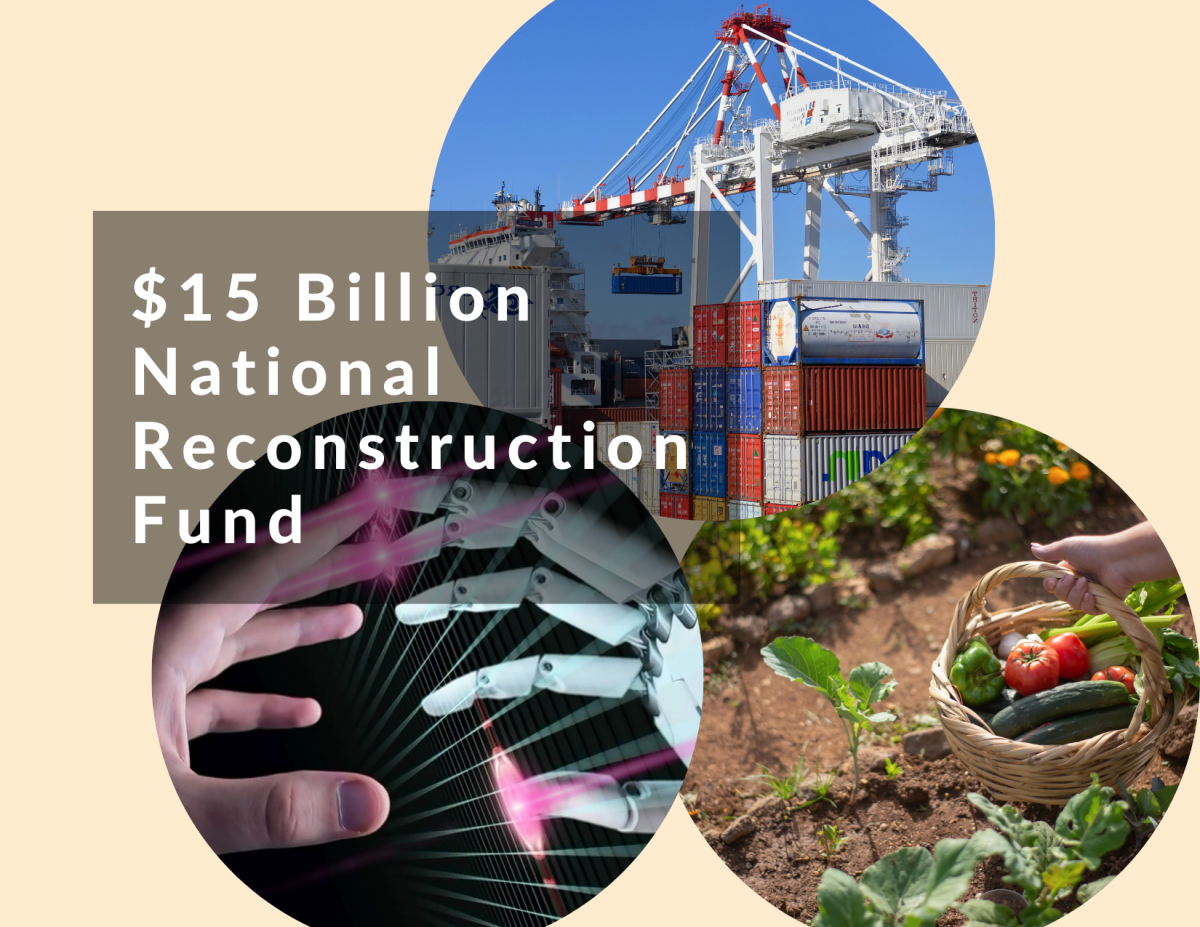Martijn Wilder, chairman of the National Reconstruction Fund (NRF) — Australia’s $15 billion “green bank” and vehicle to reboot domestic manufacturing — has called for a brave approach to decarbonising Australia’s economy.
A former chairman of the Australian Renewable Energy Agency and founder of climate investor and consultant, Pollination, Wilder wants the new agency to take calculated risks to secure Australia’s future prosperity and drive sustainable economic growth. That would include backing commercial ventures that super funds and other private investors typically avoid.
Wilder anticipates increasing pressure to reach net zero emissions by 2040 rather than 2050, and while that requires a drastic transformation, he says “we’ve got a far bigger risk of climate change if we don’t get net-zero than we do by losing a little bit of money along the way”.
“It’s very important that we start looking at how to build an entire ecosystem around these areas, rather than just doing a whole lot of ad hoc, unrelated investments. What the NRF in my view – this is my personal view – needs to do is to actually start building industries.”
Leveraging wind, land & sun
The fund has been tasked with “picking winners” in sectors that leverage Australia’s abundant wind, sun and land, targeting a commercial return of 2% to 3% above the five-year Commonwealth bond rate.
Investment areas could range from quantum computing and hydrogen for green steel production to offshore wind turbines and electric vehicle infrastructure, or making cables for Mike Cannon-Brookes’ Sun Cable project.
Each investment would have to be economically viable and make a commercial return, while adhering to a yet-to-be-finalised government mandate.
The government has so far allocated $3 billion for green energy, $1.5 billion for medical manufacturing, and $1 billion each for value-adding in resources, critical technologies, and advanced manufacturing. A further $500 million has been designated for value-adding in agriculture, forestry, fisheries, food, and fibre.
Battery manufacturing in Australia
According to Wilder Australia has an enormous opportunity to lead in renewable energy sectors and while some things will fail — as is the case for VC funds — we have to be prepared to take risk.
Local battery manufacturing is a real opportunity with efforts to kickstart domestic battery manufacturing being a top industry policy priority of Labor. Those plans have been met with scepticism from industry CEOs and some foreign allies, including South Korean investors, alarmed that Australia could go from critical minerals supplier to battery making competitor.
Yet Wilder says there are now 27 companies exploring battery manufacturing in Australia, ready to challenge the notion that taking on the global battery giants would present too high of a cost.
While declining to name the companies, he said eight are from the United States and include household names. Many of these companies propose “brand new processes” in battery manufacturing and are keen on being closer to raw materials in Australia. Wilder argued against the perception that Australia’s manufacturing costs are too high, citing that the country’s wealth in natural resources can offset these costs.
“We’ve got to be really smart, really innovative and really brave, and just go and be really focused on the opportunity that’s before us because it’s enormous.”

